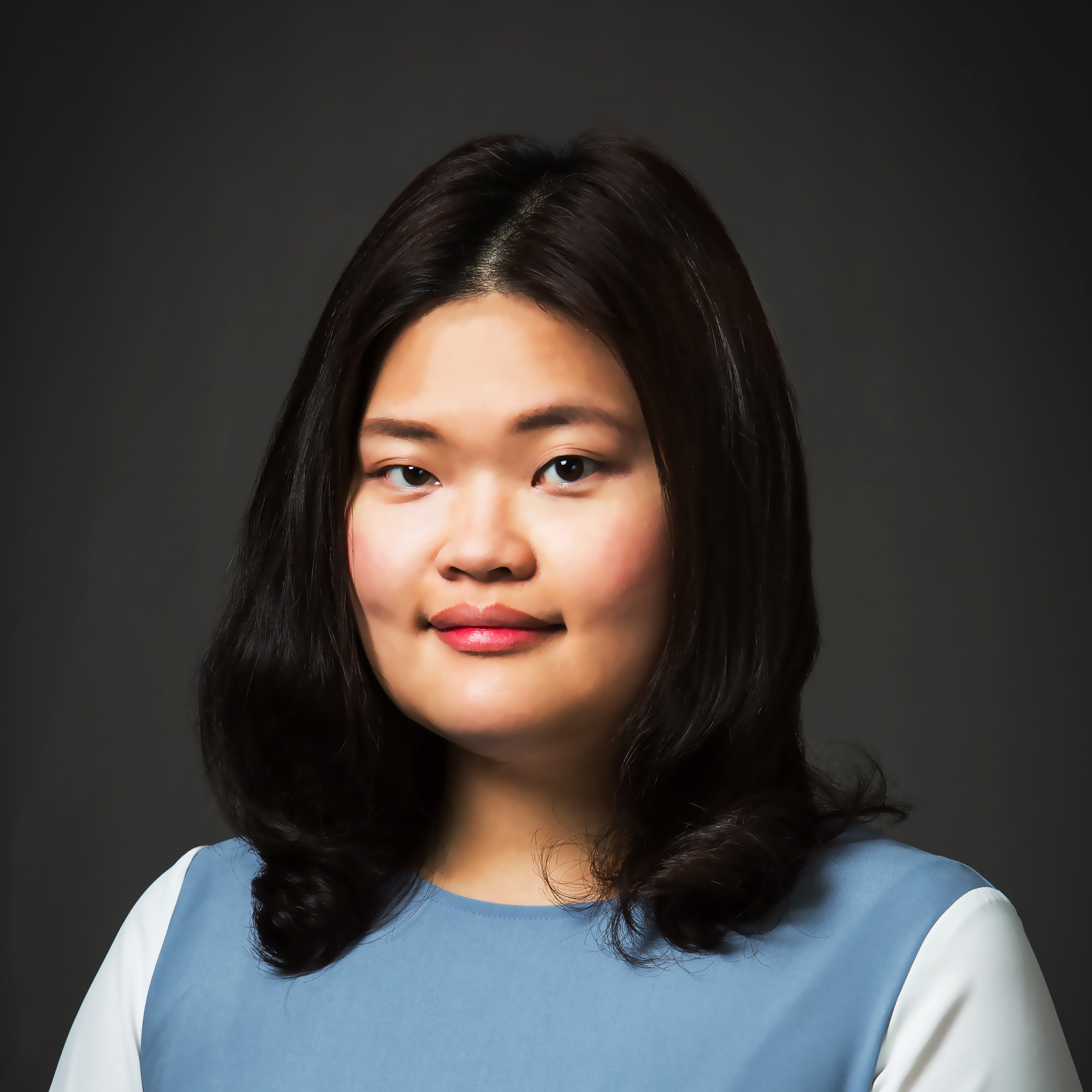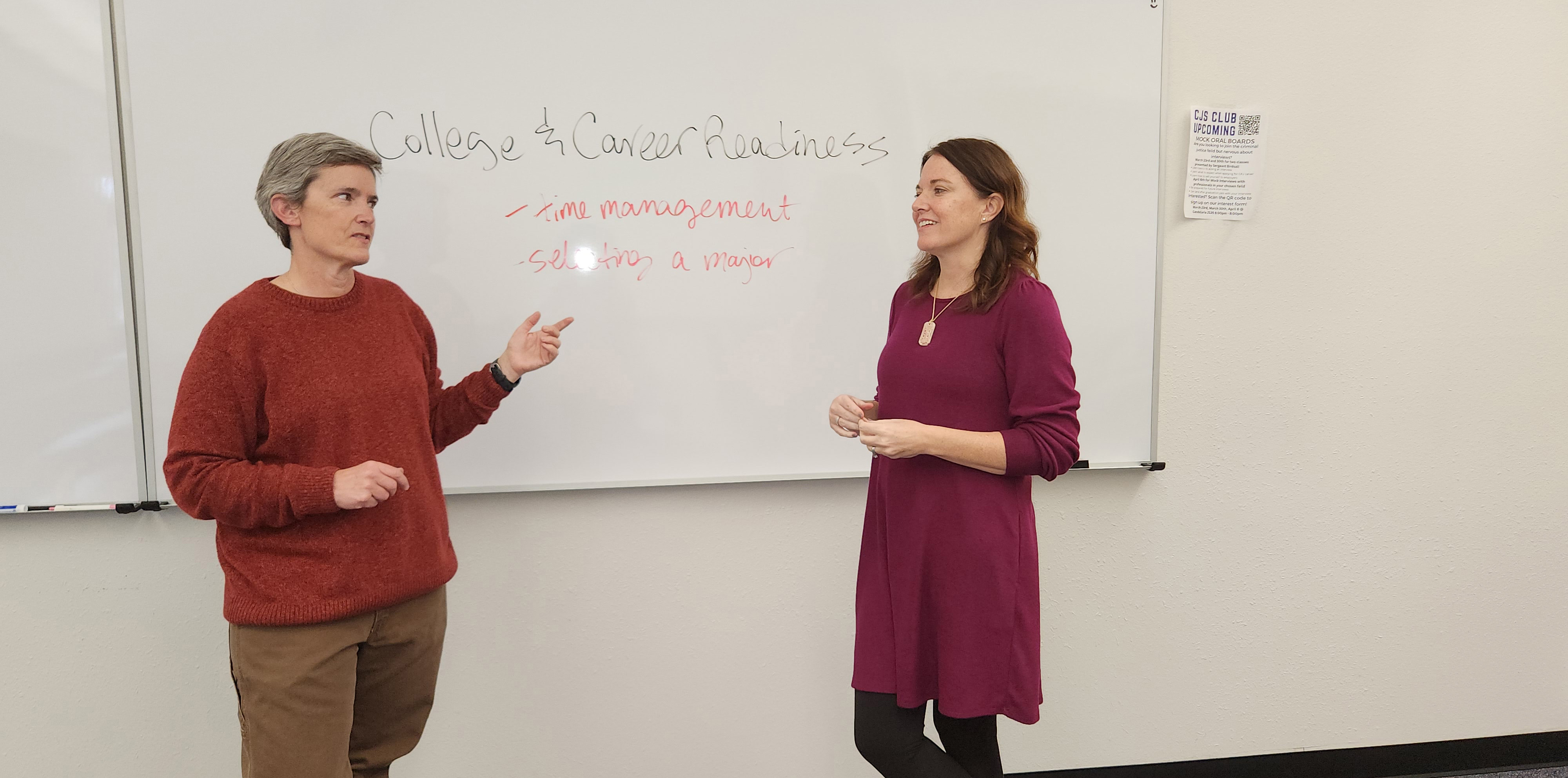
With more than a decade of language teaching experience under her belt, WeiHsuan Lo is eager to expand her knowledge base to best support her students. As a Ph.D. student in the University of Northern Colorado’s Technology, Innovation and Pedagogy program, (now the Educational Technology program), she’s researching ways teachers can use technology in their curriculum designs. In the research-intensive program, students build a deep theoretical base in critical and innovative pedagogy and develop technology application skills.
Lo is a Taiwanese native who speaks four languages — Chinese, English, Japanese and Taiwanese. She specializes in learning practices for Chinese language teachers, including game-based learning and project-based learning. She said rote memorization and mechanical drilling, typical activities in language classes, fall short of best practices.
“I learned so many ways people learn and how knowledge is constructed. People need to undergo experiences, relate those experiences to themselves and find a way to express their feelings and thoughts to learn,” Lo said.
A few semesters ago, in a game design class, she and another UNC doctoral student developed a problem-solving card game for teachers called FIXIT. Now in her final year of the program, the game has evolved, and plans for a digital version are forthcoming.

WeiHsuan Lo
“From the research, we know the game is effective in teaching and delivering content. It’s helping facilitate student learning. We wanted teachers to be able to adapt this game to any problem-solving topics they want to teach,” Lo said. “For example, to make a deck to teach about ocean pollution, they can describe the different pollution types and add the ways to help solve it. Depending on students’ age, the topics might be different.”
Lo’s dissertation focuses on determining whether the game helped students improve their Chinese language skills. It’s more than an academic exercise for the longtime educator. It will impact her work as an educational technology instructor and graduate teaching assistant at UNC, where her students are future K-12 teachers. As part of her work at UNC, she taught and led a course improvement program and built an asynchronous online course. She’s a Chinese language instructor at Agnes Scott College in Decatur, Georgia, where she designed a curriculum and teaches synchronous online courses throughout the year and in-person immersion classes during the summers. Previously, she taught Chinese language courses at the College of the Holy Cross, Hunter College and the University of Minnesota Twin Cities.
Heng-Yu Ku, a professor in UNC’s School of Teacher Education at the College of Education and Behavioral Sciences, is Lo’s research advisor. His insightful questions helped her see flaws even when she thought her research design was perfect.
“He encouraged me to do more research, go to conferences and present, get to know more people, and then look at how they do research. Dr. Ku also found opportunities and resources like the teaching assistant position and scholarships,” she said.
She took Ku’s advice to heart, joining numerous language and teaching associations. She presented at the Association for Educational Communications and Technology in 2020, 2021 and 2022. She also presented at the National Chinese Language Conference and the National Council of Less Commonly Taught Languages this year.
Ku has found Lo to be a dedicated and eager student who has masterfully combined theory with research.
“Since the game can apply to all different fields, I think it will improve teaching and learning. So, I believe it’s a powerful tool,” Ku said. “I still remember the electronic portfolio she developed for showcasing her teaching, research and professional service activities during her oral comprehensive examination. The committee members thought it was innovative and were impressed.”
Lo moved to the U.S. when she was 16. Before coming to UNC, she graduated from Colorado State University with a Bachelor of Science in Business Administration. She earned a Master of Arts in Teaching Chinese as a Second Language from the National Taiwan Normal University, a partner institution to UNC.
“Before learning ed tech, I could only be a language instructor, but now I have the option to be a curriculum design consultant to teachers who need help to make their lessons and incorporate more educational technology into them,” Lo said.
— written by Brenda Gillen
More Stories
-
Governor Polis Reappoints Two to UNC’s Board of Trustees
Este artículo no está en español.
-
School Psychologists in Short Supply as Youth Mental Health Concerns Increase
Este artículo no está en español.
-
Hey, Teach! Or Should That be Professor?
Este artículo no está en español.
-
State Farm Invests in Career Readiness Initiatives for UNC Students
Este artículo no está en español.





